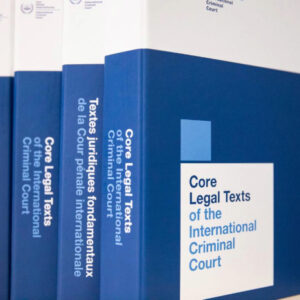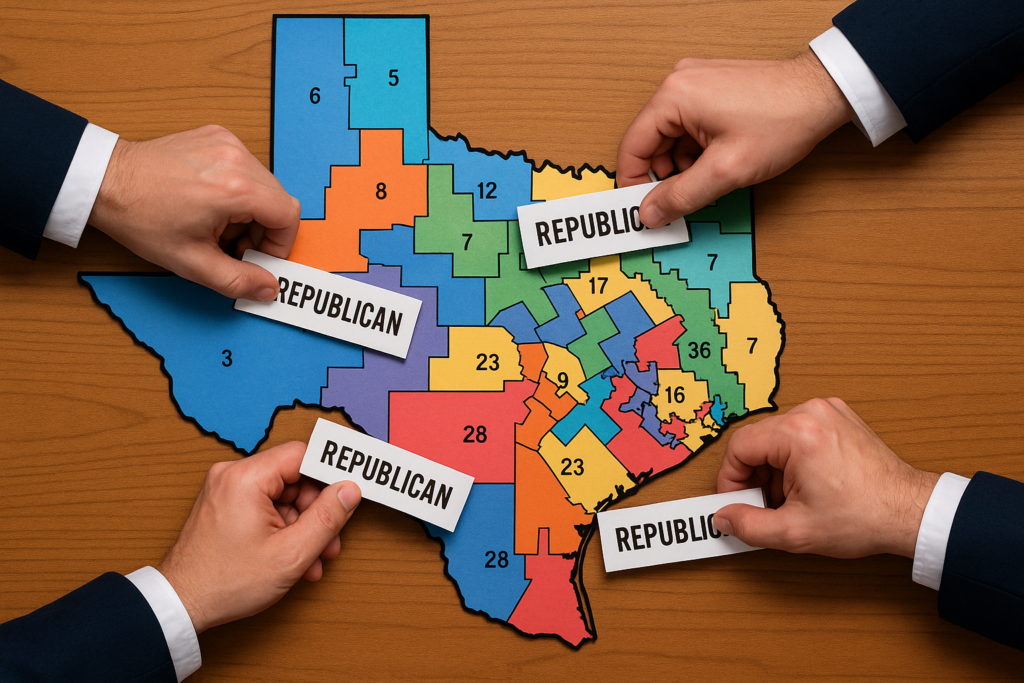Gerrymandering, the process of drawing electoral district lines to favor one political party or group, continues to plague Southern states, undermining the democratic ideal of fair representation. While the practice exists nationwide, the South remains a particularly egregious battleground, where partisan power plays and racial discrimination intersect to shape electoral outcomes.
A Partisan Power Grab
At its core, gerrymandering is about power, and in the South, it’s been wielded with precision. Over the last two decades, Republican-controlled legislatures in states like Georgia, Tennessee, and South Carolina have redrawn district maps in ways that maximize GOP advantages. By creating “safe” districts, they reduce competition and ensure partisan dominance.
The result? Fewer swing districts, more polarized candidates, and elections where the outcome is often a foregone conclusion. According to the Brennan Center for Justice, this manipulation not only skews results but also undermines voter trust.
Racial Discrimination in Redistricting
Beyond partisanship, there is substantial evidence that gerrymandering in the South deliberately dilutes the political power of Black communities. For example, Capital B News reported that in states like Alabama and Louisiana, lawmakers have drawn maps that split or pack Black voters into a small number of districts, limiting their influence elsewhere.
This practice violates the Voting Rights Act, yet it persists. In 2023, the U.S. Supreme Court upheld a lower court ruling that found Alabama’s congressional map likely discriminated against Black voters by failing to create a second majority-Black district. Despite this rare win, similar victories remain elusive across other states.
The Slow March Through the Courts
Advocacy groups and voters continue to challenge unfair maps in court, but the path to justice is long and uneven. While some courts have ordered redrawn maps, state legislatures often resist or submit new maps with minimal changes. Worse, higher courts—especially the Supreme Court—have sometimes reversed lower court rulings.
In a recent case from South Carolina, the Supreme Court reversed a decision that found the redistricting map intentionally discriminated against Black voters, dealing a blow to civil rights advocates. Legal experts at the Brennan Center say this inconsistency further complicates the fight for equitable maps.
Voter Apathy and Suppression
The human cost of gerrymandering is not abstract—it directly impacts voter engagement. When voters live in districts where outcomes are predetermined, many feel their votes don’t matter. This disillusionment leads to lower turnout and decreased participation in local politics. According to a 2023 Pew Research study, states with highly gerrymandered maps often have lower voter confidence and civic engagement.
For Black voters and other marginalized communities, this alienation is especially acute. When district lines are weaponized against them, their political voice is not just muted—it’s actively suppressed.
Ongoing Legal Battles in the South
Today, multiple states remain locked in legal battles over their electoral maps:
-
Alabama: Ordered to redraw its congressional maps to better reflect Black voter populations.
-
Georgia: Facing lawsuits over district maps that allegedly suppress minority votes.
-
Louisiana: Under pressure to add a second majority-Black congressional district.
-
South Carolina: Recent SCOTUS ruling allowed a map deemed discriminatory to stand.
-
Tennessee: Challenged for cracking Memphis into multiple districts, diluting Black urban voters.
These states are not just battlegrounds for elections—they are frontlines in a larger war for democracy.
The Supreme Court’s Decisive Yet Divided Role
The U.S. Supreme Court continues to shape the landscape of redistricting—sometimes as a bulwark against injustice, but often as a roadblock. While the court’s decision in the Alabama case was hailed as a victory, the more recent reversal in South Carolina signals a reluctance to consistently enforce anti-discrimination standards.
Without firm legal guidelines or a renewed federal Voting Rights Act, the path forward remains uncertain.
Conclusion: A Democracy in Peril
Gerrymandering in Southern states is not just a political issue—it’s a civil rights crisis. It erodes faith in democracy, silences vulnerable communities, and reinforces systemic inequality. While the courts provide one avenue for redress, lasting change will require bold reforms, sustained advocacy, and a reawakening of civic power in the South.
Until then, fair representation remains an unfulfilled promise for too many Americans.











More Stories
One Dead, Two Injured in Shooting Near ASU Campus
ICC Judges amend the Regulations of the Court to regulate motions for acquittal
U.S. Black Chambers, Inc. Statement on Supreme Court Decision Invalidating Tariffs Imposed Under IEEPA